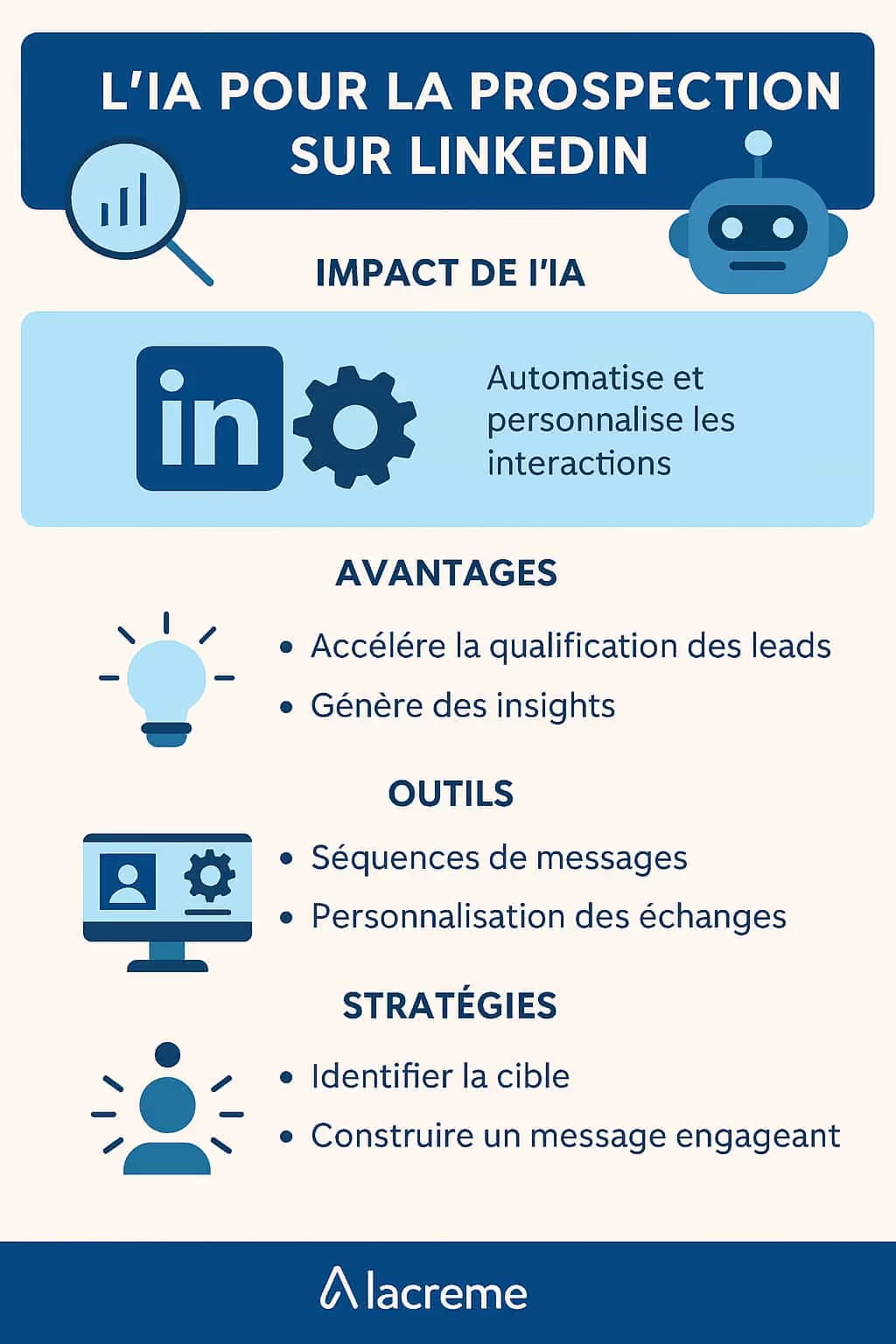THEartificial intelligence (AI) is today at the heart of a revolution that affects multiple sectors, including that of culture and performing arts. From preparing for events behind the scenes to creating on stage, the integration of AI in performance halls opens up a field of possibilities that is both vast and fascinating. This article offers an in-depth exploration of the impact of AI onentertainment industry alive and questions the future perspectives of this symbiosis between technology and art.
The emergence of artificial intelligence in theaters
History and evolution
The integration of AI in the world of performance halls is not from yesterday. From the first experiments in the 2000s, scene professionals quickly consideredartificial intelligence Like a tool to push the boundaries of creativity. With technological progress and the democratization of digital tools, AI has gradually emerged as an essential component of stage production, participating in the design of interactive sets, the animation of virtual characters or even in the optimization of resource management.
Examples of recent innovations
Recently, AI has made it possible to give life to spectacular works. Examples include concerts where holograms of deceased musicians perform live, or pieces by theatre interactive, the process of which varies according to the reactions of the public, collected by AI. Les theaters are also equipped with systems integrating AI to better adapt lighting and sound, or to offer viewers personalized immersive experiences. Some of these innovations have even distinguished themselves on prestigious stages such asOpera Or the Congress Center, thus transforming the audience experience.
The concrete contributions of artificial intelligence for live performances
Improving the spectator experience
The spectator experience is at the heart of the concerns of performance halls, and AI plays a key role in enriching it. Algorithms analyze data on audience preferences to recommend shows, adjust schedules, or create dynamic and customized displays at events. Interaction with AI can also take the form of dedicated applications that guide the viewer through the place, offering a complete and personalized experience. Whether in a theatre Or a cirque, AI makes it possible to personalize the experience of each individual, making each representation unique.
Optimization of room management
Beyond the artistic aspect, AI is also valuable for the management of theaters. It allows better forecasting of demand, efficient resource planning and predictive maintenance of technical equipment. In addition, theintelligent data analysis of sales and attendance helps to develop more advanced marketing strategies and optimize the customer experience. Theaters like cultural centers various are already relying on these technologies to improve their services and the satisfaction of viewers.
Dialogue between art and technology: enriched shows
New narrative and scenographic forms
AI opens the door to new paradigms narratives and aesthetics. Evolving scenographies that react in real time to the movements of the dancers, to the vocal modulations of the singers or even to interactions with the public, are now possible. THEentertainer can thus dialogue with a work in constant metamorphosis, creating a unique performance for each performance. This interaction between stage and technology not only enriches the content of the show, but also the way in which it is perceived by the audience.
Collaboration between artists and engineers
This technological advance is leading to the emergence of new profiles at the intersection of art and technique. Teams made up ofAI engineers, interactive designers and traditional creators are collaborating to put stage shows that go beyond conventions and push the boundaries of artistic expression. The director thus works hand in hand with technicians to design experiences where AI plays a central role, going far beyond simple automation.
The ethical and practical challenges of artificial intelligence
Questions of autonomy and creativity
While AI offers exciting perspectives, it also raises important questions about artistic autonomy and the place of human creation. The danger of standardization of works, dictated by algorithms, is a concern that is driving the debate around the use of AI in performing arts. The importance of maintaining a part of improvisation and human intuition within the creative process is thus highlighted. In institutions like national drama centers Or the Parisian theaters, these questions take on particular importance.
Respectful integration into the artistic environment
The integration of AI in the field of performance halls must be done with respect and sensitivity. Technologies should not overshadow human expressions and talents, but rather enhance them. In addition, ensuring that technology remains a tool and not a goal in itself is crucial to maintaining the authenticity of stage works and maintaining the connection with the audience. Whether in a auditorium, a Palace of Sports Or a Theater hall, AI must remain at the service of art.
What is the future for artificial intelligence in the entertainment industry?
Expert visions and projections
Specialists agree that we are only at the beginning of what AI can bring to the entertainment world. Some project breakthroughs where AI not only supports creation, but becomes a fully-fledged player in performance, capable of improvisation and creativity. Exchanges on the international scene, promoting the sharing of knowledge and constant innovation, presage a vibrant and dynamic future for live shows enriched by theartificial intelligence.
Potentials and limits to be explored
While the enthusiasm for the possibilities offered by AI is palpable, it is essential to continue to explore its potentials while becoming aware of the ethical limits and practical. Collaboration between humans and machines in mutual respect, the enhancement of creative abilities unique to humans and a permanent reflection on the social and cultural impact of AI in performing arts are all challenges for the future. Structures such as the French comedy Or the National Theater are already looking at these questions to integrate AI in a harmonious way in their programming.






